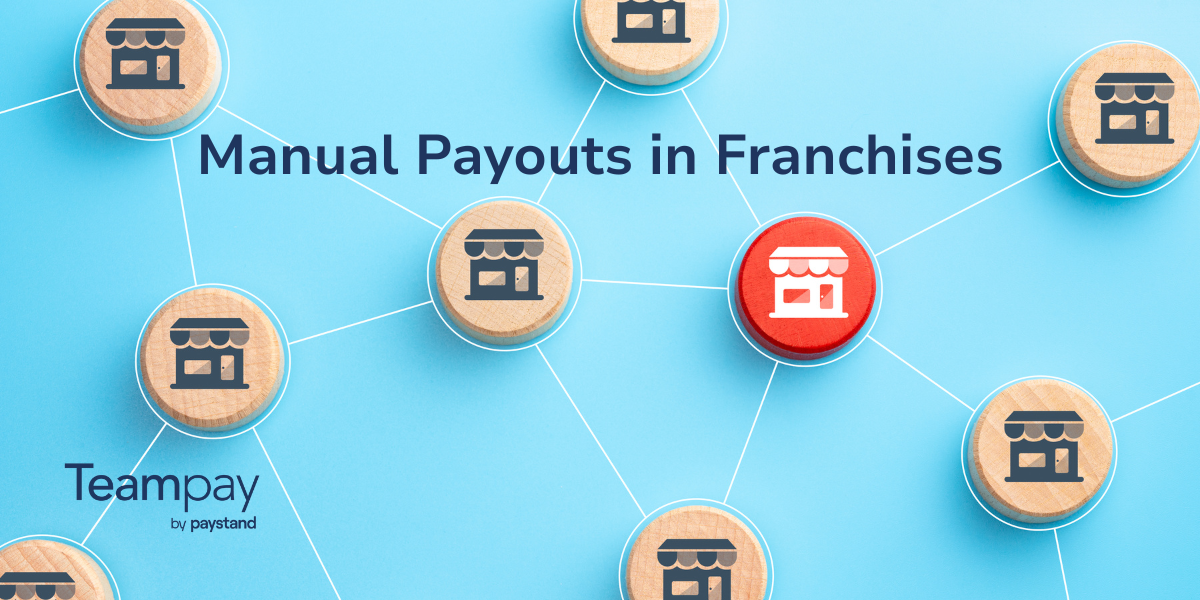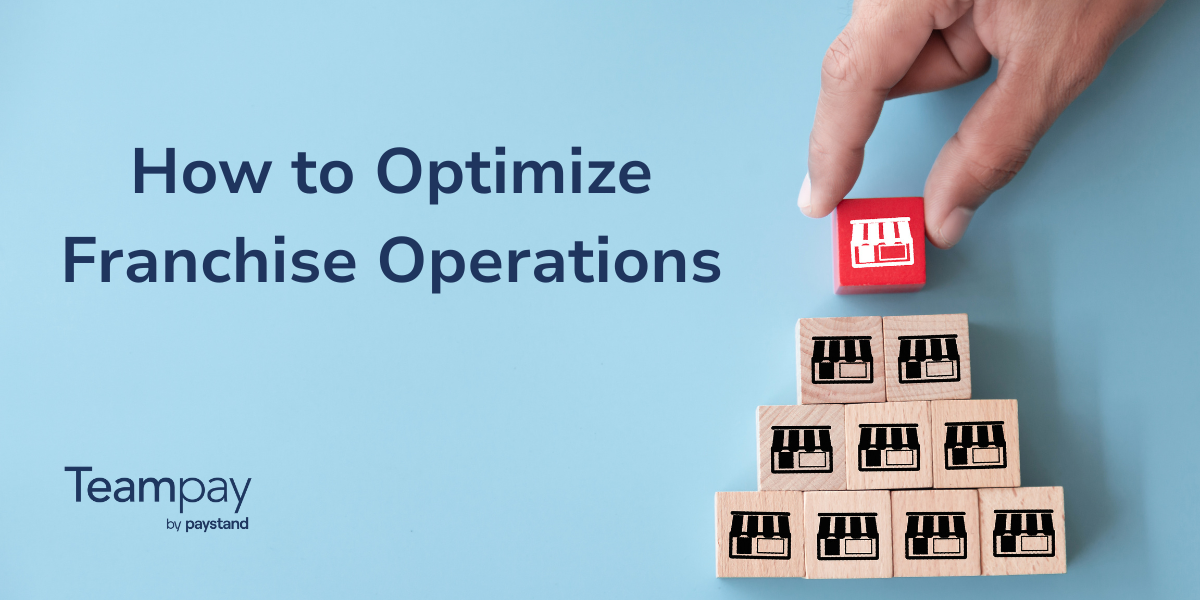Cyber Monday 2019 may be over, but online business shopping is in full swing. With the rise of SaaS, fractional services, and on-demand everything, employees across organizations are spending more company money online than ever before.
Since 2015, U.S. B2B e-commerce spending has been increasing at approximately the same rate as Cyber Monday spending. This shows that Cyber Monday isn’t an atypical day, but is representative of a larger change in the way that companies spend money. When it comes to business purchasing, every day is Cyber Monday.

In the past, company purchases were made by a handful of people: IT executives, a central purchasing department, or an office manager. This is no longer the case. Today, employees across the organization are making purchases on behalf of their company. In this End User Era, more than 80% of non-C-suite workers have a say in purchase decisions.
More employees making purchases online means that finance teams have even more charges to sift through and gather information on. Figuring out who bought what and why is often the name of the game in month-end close, and the rising tide of B2B e-commerce will only amplify that challenge.
Many day-to-day purchases made online, such as office supplies and electronics, may seem relatively small in the grand scheme of a business—but they add up. B2B e-commerce accounted for $889 billion in sales in the U.S. in 2017, and a recent report by Forrester predicts that number to rise to $1.8 trillion by 2023.
Finance teams can’t afford to wait until month-end to become aware of employee purchases. For example, Cyber Monday fell in early December this year, instead of late November. This means that several weeks will go by before they receive the credit card statements that show what was bought. And since so much time will have passed, it will require even more effort to retroactively gather missing information. Finance will have to reconcile Cyber Monday expenses for the December month, before then closing the books for the year.
The rising popularity of B2B online shopping is directly tied to the increasing pace of business. Employees want—and need—to act in real time to make the purchases necessary to do their jobs well. They can’t wait to move through a slow, bureaucratic purchasing process. Employees may seek workarounds or bypass the approval process altogether in favor of speed, resulting in hodgepodge spending. Conversely, compliance with process may hinder progress and cause inefficiencies across the organization.
This is a tradeoff that many in the business world are familiar with. Do companies give employees purchasing power and risk spending getting out of control? Or do they prioritize tight control over spend and forgo agility? The answer is: they no longer have to choose.
Digital-first finance teams are adopting new technology to get online spend under control. By enabling proactive controls that enforce company policy before any company money has been spent, they can manage the distributed spending that occurs on Cyber Monday and every other day of the year.












